Breaking
- MENU
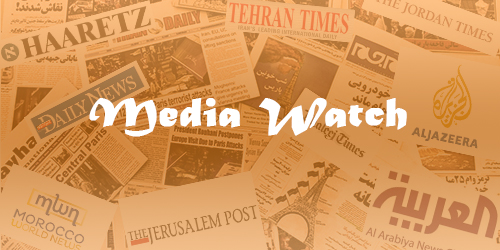
Note: The Joint Comprehensive Plan of Action, commonly known as the Iran Nuclear Deal was signed between Iran, the P5+1(the five permanent members of the UN Security Council--China, France, Russia, United Kingdom and United States—and Germany) in July 2015. In October 2017 President Donald Trump announced that the United States would not make the certification provided for under the US domestic laws but stopped short of terminating the deal. On 30 April 2018, the US stated that Iran did not disclose a past covert nuclear weapons programme to the IAEA, which was required in the deal, following which on 8 May President Trump announced that the US would withdraw from the agreement. International editorials on this matter are reproduced here. Editor, MEI@ND.
The Washington Post, Opinion, 20 March 2018
What happens the day after Trump pulls out of the Iran Deal?
While the public debate rages over President Trump’s threat to pull the United States out of the Iran deal, actors both inside and outside the U.S. government are planning for what happens the day after the United States exits — a scenario that looks increasingly likely. Read more at
The New York Times, Opinion, New York, 8 May 2018
Trump abandons Iran Nuclear Deal he long scorned
President Trump declared on Tuesday that he was withdrawing from the Iran nuclear deal, unravelling the signature foreign policy achievement of his predecessor Barack Obama, isolating the United States from its Western allies and sowing uncertainty before a risky nuclear negotiation with North Korea. Read more at
The Washington Post, Opinion, 9 May 2018
Trump’s withdrawal from the Iran deal raises frightening questions
President Trump’s intention to violate and pull out of the Iran nuclear deal raises serious questions about what assurances Israel might have given him to do so. Did Israel commit to bomb Iranian facilities if Iran restarted certain nuclear projects? Or if Iran reached certain thresholds in nuclear development? Read more at
Economic Times, Editorial, New Delhi, 10 May 2018
Closely monitoring situation post-US pull-out of Iran deal: India
India today said it will take necessary measures to offset any adverse impact on its interests due to US President Donald Trump's decision to dump the Iran nuclear deal. There have been apprehensions that the US decision may adversely impact New Delhi's oil import from the Persian Gulf nation as well as Chabahar port project. Countries having financial dealings with Iran are expected to be hit by the comprehensive sanctions regime announced by the Trump administration after withdrawal from the nuclear deal. Read more at
The Hindu, Chennai, 10 May 2018
Deal Breaker: on the US’s withdrawal from the Iran Deal
President Donald Trump’s decision to unilaterally pull the U.S. out of the Iran nuclear deal is a huge setback to multilateral diplomacy and the rules-based international order. The agreement, signed in 2015 by Iran with the five permanent members of the UN Security Council, Germany and the EU, curtailed its nuclear programme in return for withdrawing economic sanctions. Read more at
Ha'aretz, Editorial, Tel Aviv, 13 May 2018
Arab Gulf Nations may be winners as Trump exits Iran Deal
In other, possibly smaller ways, Trump’s decision is bad news for some countries in the Gulf. European countries are trying to preserve the nuclear deal but it could collapse entirely, raising the danger of worse conflict in the region. Read more at
Newsweek, Opinion, US Edition, New York, 15 May 2018
Trump should not dare Iran to start a war
A U.S.-Iranian war could come through a preventive U.S. bombing; an Iranian response to a covert U.S. action to undermine its regime; or through a flare-up of hostility in Syria. Exchanges of fire between Israel and Iran, like those we’ve seen on the Syria-Golan Heights border in recent days, could escalate to pull U.S. forces into war. Read more at
The Express Tribune, Opinion, Karachi, 15 May 2018
Strategic stupidity
Among President Donald Trump’s several controversial decisions, rejection of the Iran nuclear deal may prove to be the worst of all. Not only will it further destabilize the region, endanger America’s allies but also harm the US itself. It is a major blunder that amounts to strategic stupidity. Read more at
Ha’aretz, Editorial, Tel Aviv, 16 May 2018
A Disastrous Pull-out
President Donald Trump’s harshly worded declaration that the United States was withdrawing from the nuclear agreement with Iran and re-imposing economic sanctions that had been lifted as a result of the accord increases the danger of a clash in the region. But it is too early to know whether the international community will agree to give up the relative calm that the nuclear deal gave it. Read more at
Saudi Gazette, Opinion, Jeddah, 16 May 2018
Out Iran....Free Iran
President Trump and his wiser team understood all these issues and appreciated what is at stake. They saw through the “Obamaian” appeasement logic, and Iranian “good cop, bad cop” drama. No more nativity and Mr. Nice Guy, they have decided, and found solid support from traditional allies, like Saudi Arabia, the United Arab Emirates, Bahrain, Egypt, Morocco and Jordan. Read more at
Tehran Times, Opinion, Tehran, 28 May 2018
U.S. withdrawal of JCPOA likely to result in loss of economic benefits to Iran: Jenkins
Peter Jenkins, former UK Ambassador to the IAEA and UN says that “Politically, however, recognizing that U.S. intentions post-withdrawal are likely to result in a loss of economic benefits to Iran, the Europeans, Russia and China are likely to look for as many ways as possible of compensating for that economic loss.” Former associate fellow of the Geneva Centre for Security Policy also adds that “As long as Iran is complying with the JCPOA, the United States, Israel and Saudi Arabia are deprived of any basis for claiming that Iran presents a nuclear threat which must be eliminated by the use of force.” Read more at
As part of its editorial policy, the MEI@ND standardizes spelling and date formats, to make the text uniformly accessible and stylistically consistent. The views expressed here are those of the author and do not necessarily reflect the views/positions of the MEI@ND. Editor, MEI@ND: P R Kumaraswamy

Intern at the Middle East Institute(New Delhi) since April 2018. Also, present Project Assistant at Asian Confluence. Post Graduation scholar in International Relations and Area Studies from Jawaharlal Nehru University. Former intern at Maulana Abul Kalam Azad Institute of Asian Studies (MAKAIAS), Kolkata. Email- aishe.treasure@gmail.com
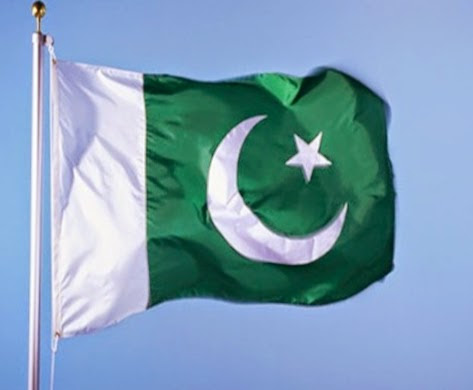
POLITICAL ISSUES IRAN 1.Senate Chairman meets Rouhani; discusses Kashmir issue Islamabad, Monday,.....
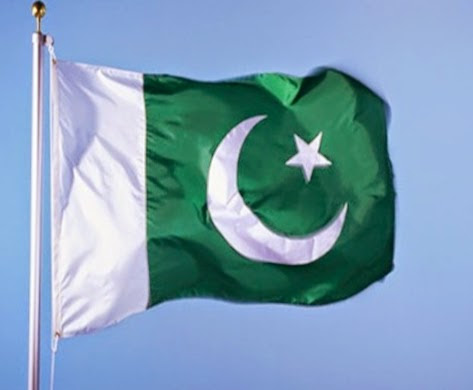
POLITICAL ISSUES ARAB LEAGUE 1.Pakistan’s role in regional peace appreciated by Arab league Is.....
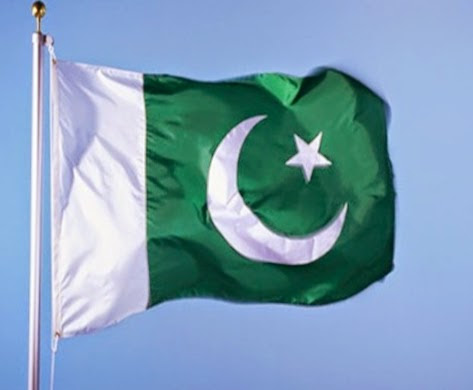
POLITICAL ISSUES BAHRAIN Bahrain health minister visits Pakistan Islamabad, Sunday, 8 .....
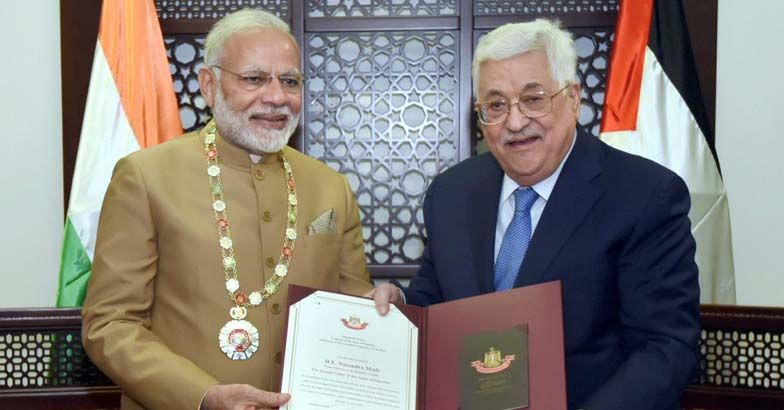
On February 10, 2018, Prime Minister Narendra Modi visited Palestine, nine months after Palestinian President .....
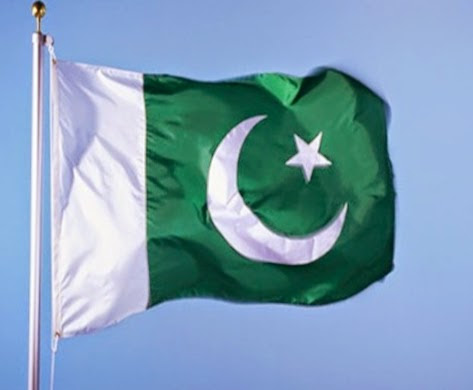
POLITICAL ISSUES EGYPT The Grand Mufti of Egypt visited Pakistan Islamabad, Thursday, 22 March 2018.....
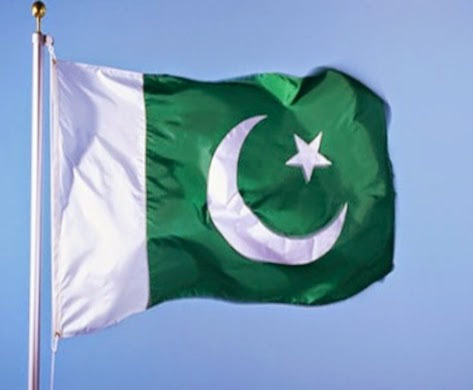
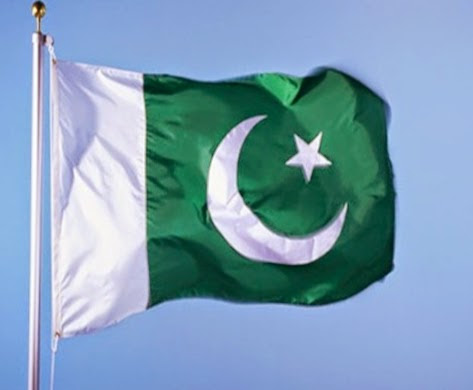
POLITICAL ISSUES QATAR Pakistan, Lebanon discuss bilateral ties Islamabad, Tuesday, 5 December 2017 .....
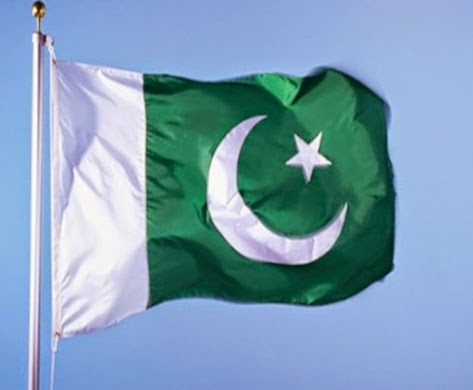
IRAN Defence Minister of Iran meets Pakistan’s Minister for Defence Engineer Islamabad, Saturday,.....
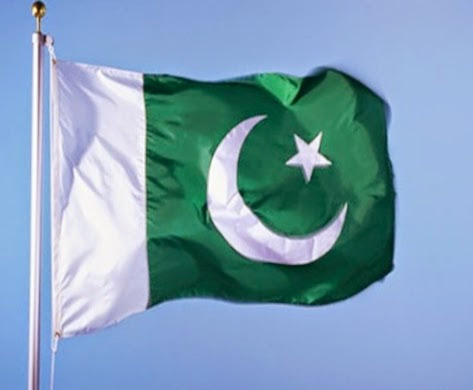
POLITICAL ISSUES LEBANON Pakistan, Lebanon discuss bilateral ties Islamabad, Tuesday, 2 January 2018.....
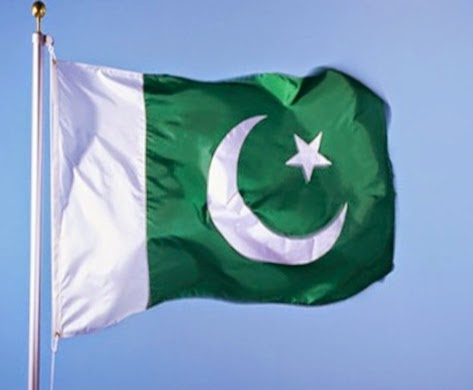
POLITICAL ISSUES EGYPT Six arrested Pakistanis released by Egypt’s court Islamabad, Wednesday,.....
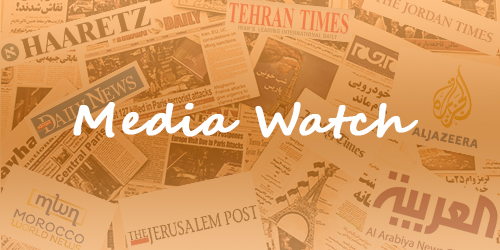
President Trump's decision on Jerusalem Note: US President Donald Trump’s decision of 6 December.....
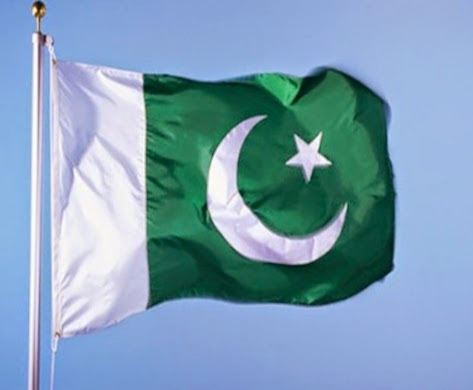
Pakistan Watch, August Issue 2018, No. 93, Divya Malhotra POLITICAL ISSUES TUNISIA Pakista.....
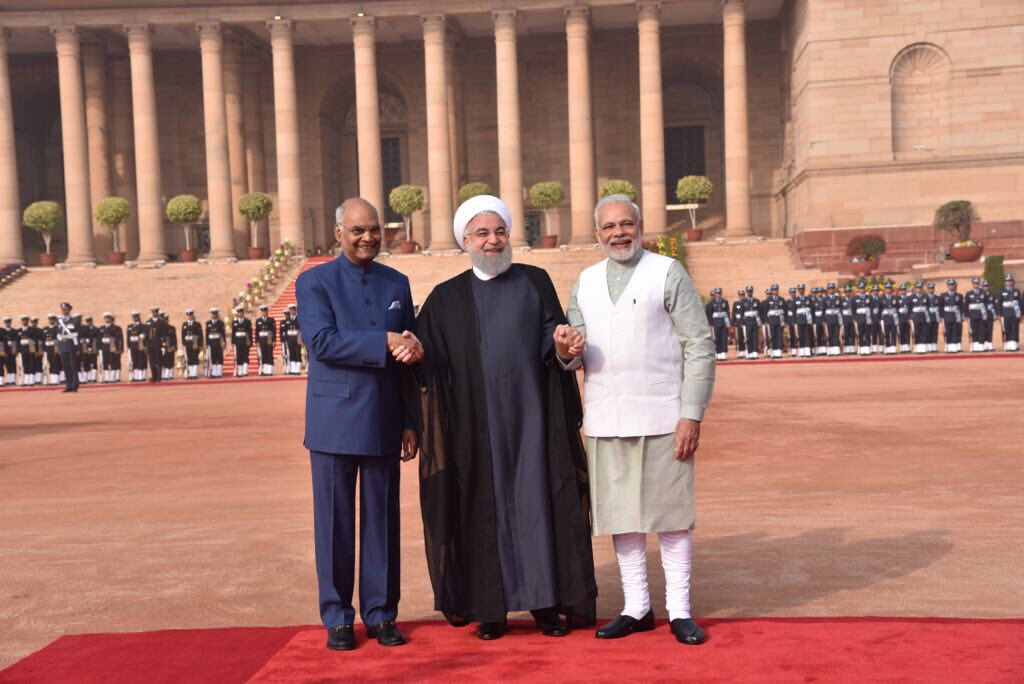
Note: During 15-17 February 2018, Hassan Rouhani, the President of the Islamic Republic of India, visited Indi.....
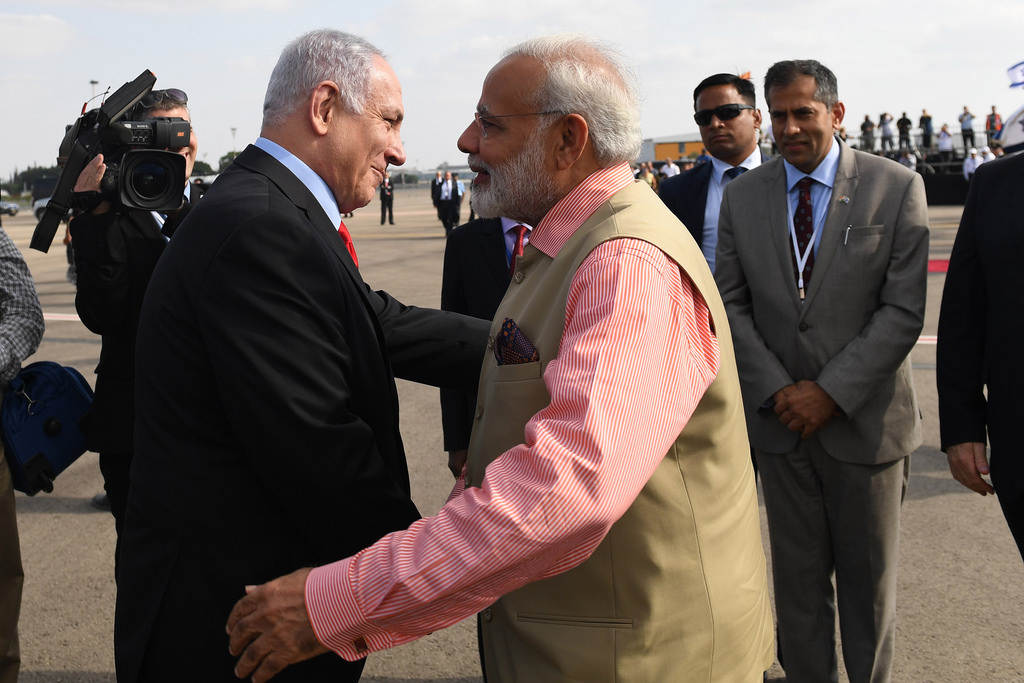
Note: Prime Minister Benjamin Netanyahu of Israel visited Israel during 14-16 January 2018. This was the secon.....
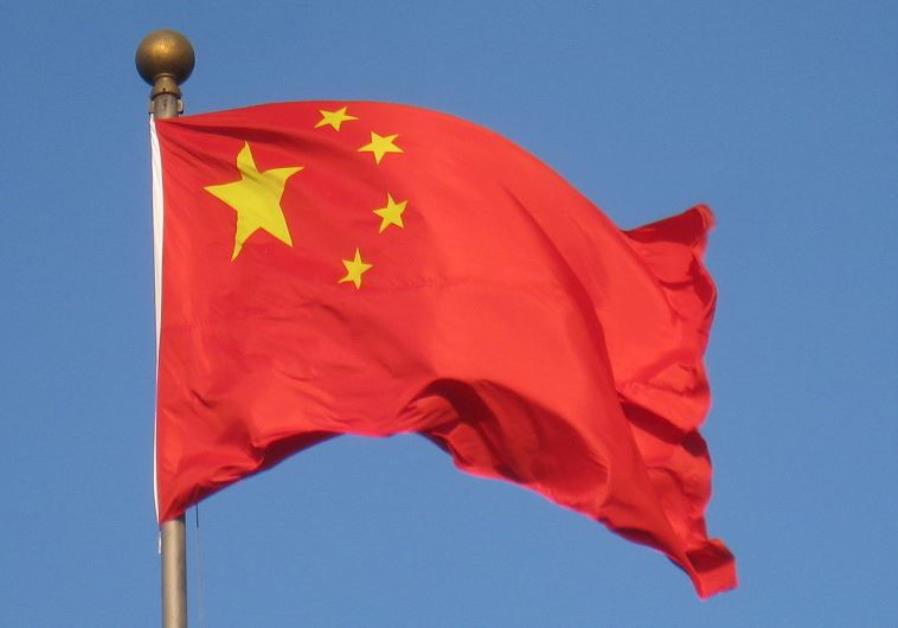
POLITICAL IRAN China urges Salvaging of Iran nuclear deal Beijing, Wednesday, 9 May 2018 China has.....
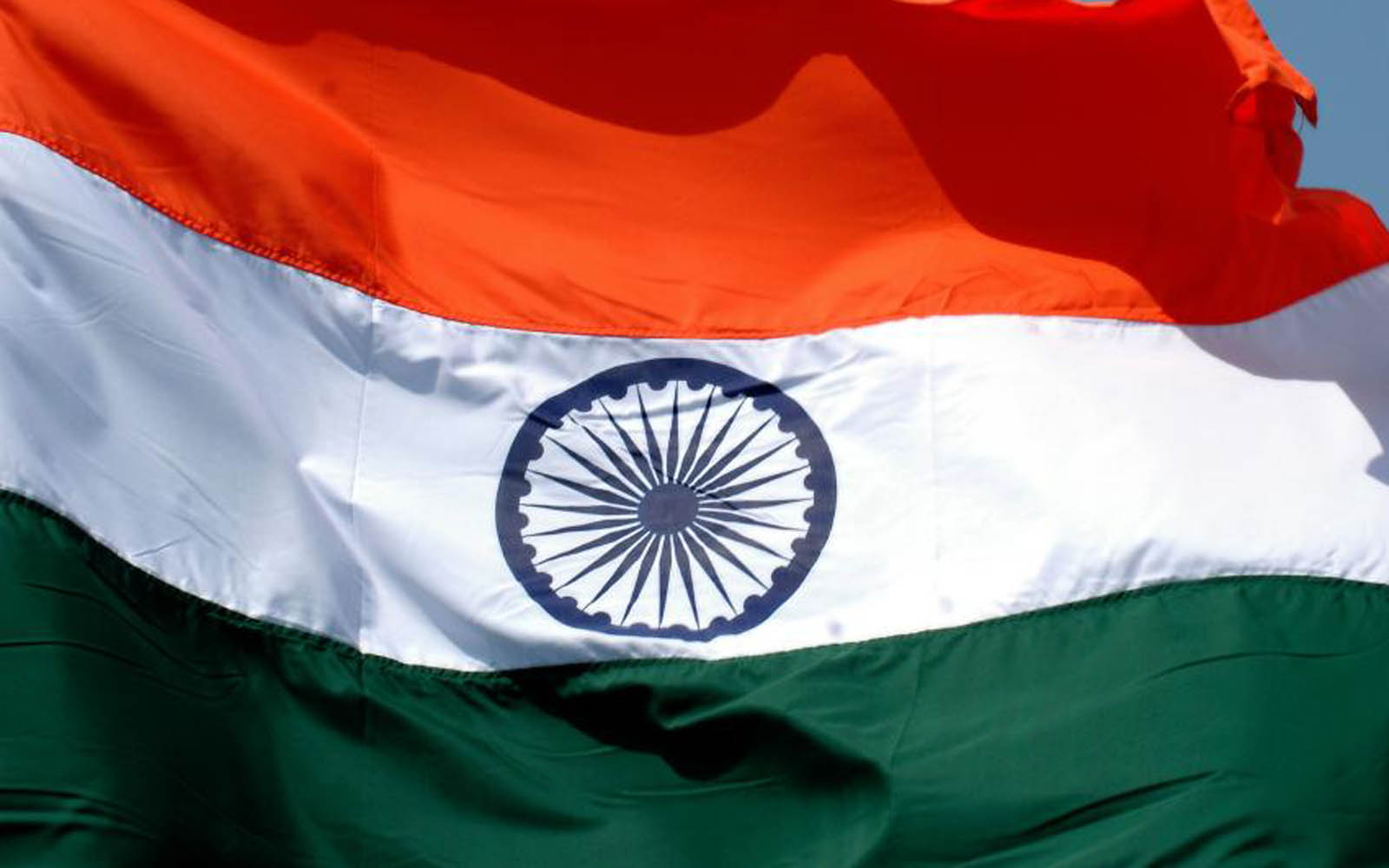
INDIA WATCH, JULY 2018, ISSUE NO. 102 POLITICAL IRAN US tells India, China to end o.....
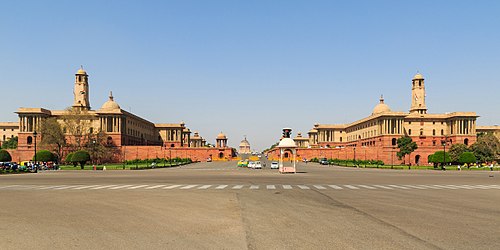
BILATERAL ISSUES BAHRAIN Visit of External Affairs Minister to Manama, Bahrain (July 14-15, 2018), New D.....
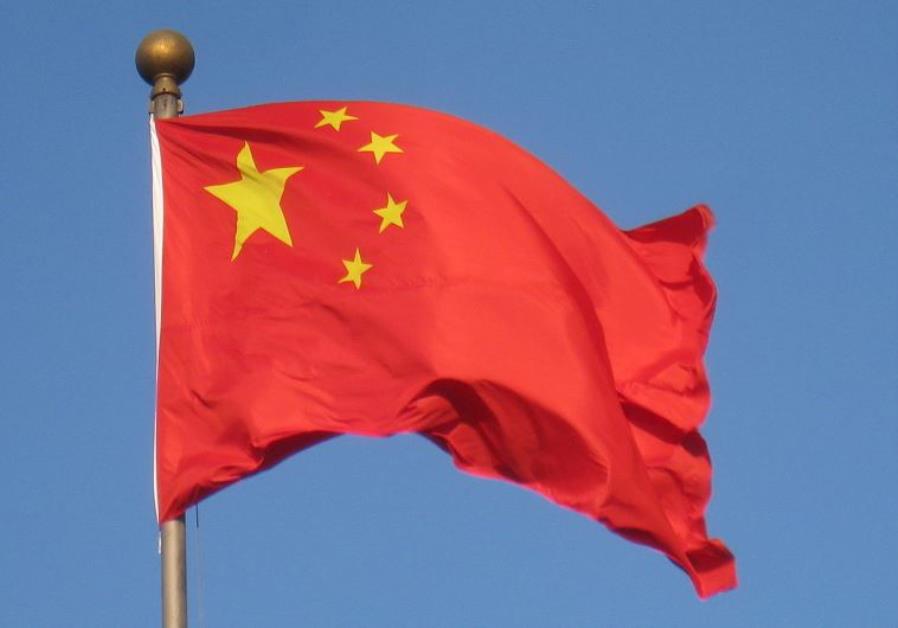
ECONOMIC KUWAIT Kuwait calls for increase in investment from China Kuwait City, Tuesday, 20 March 201.....
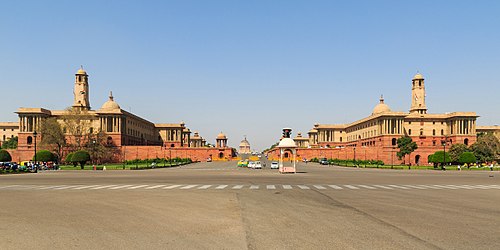
BILATERAL ISSUES BAHRAIN Cabinet approves MoU between India and Bahrain on cooperation in the field of H.....
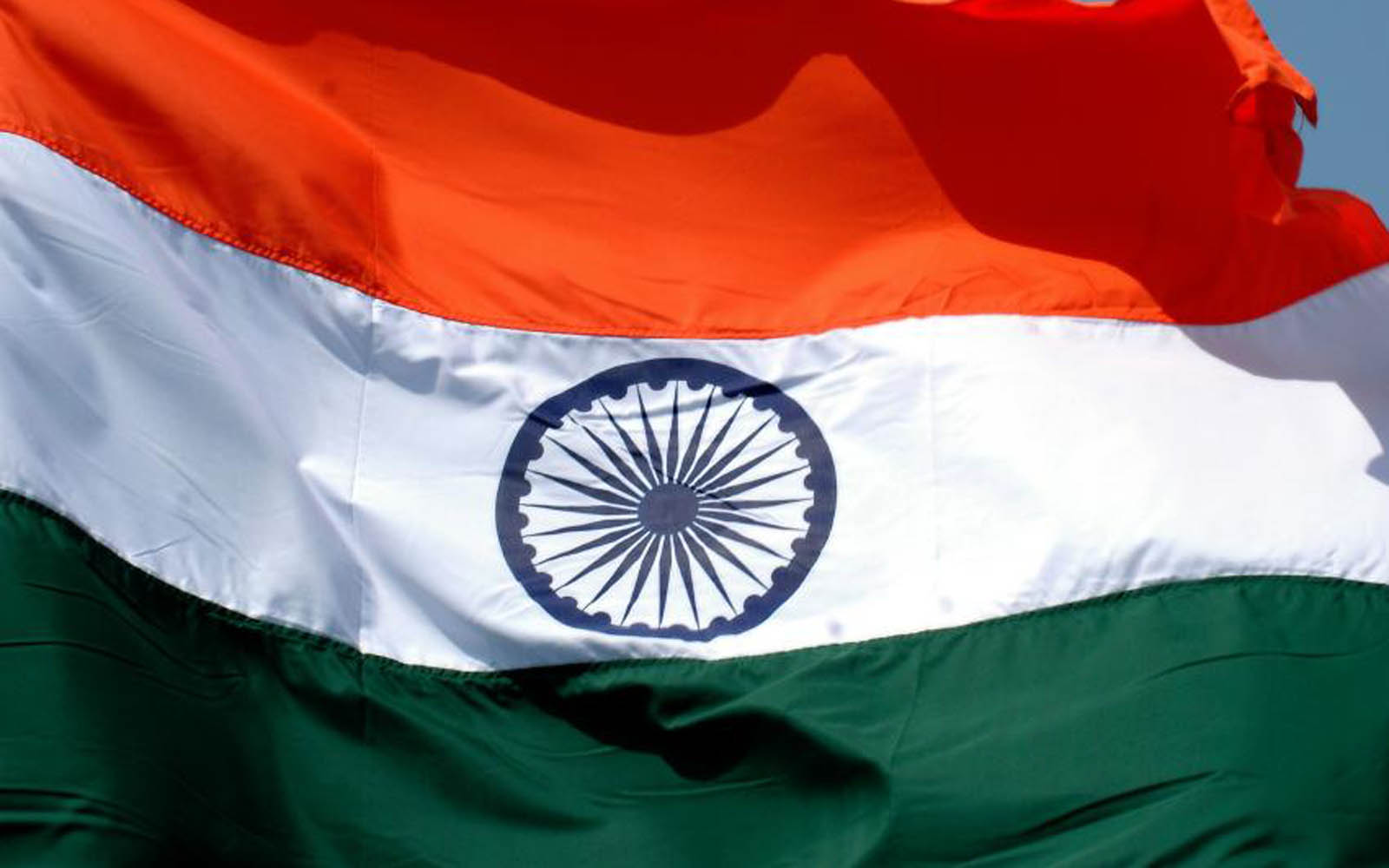
INDIA WATCH, JUNE 2018, ISSUE NO. 101 POLITICAL EGYPT India-Egypt economic ties improving: out.....
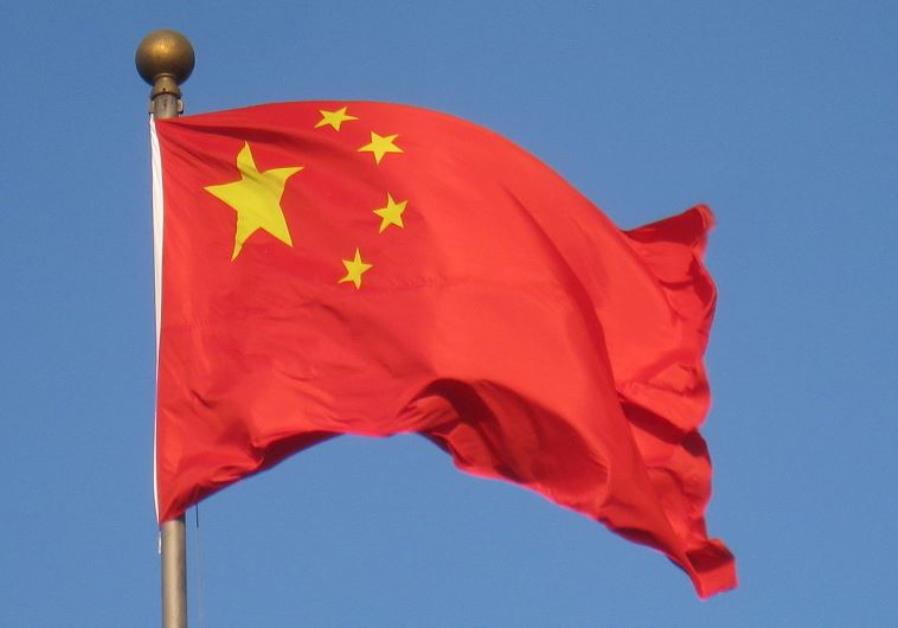
POLITICAL ISSUES IRAN China sets up traffic control area Beijing, Thursday, 1 February 2018 China .....
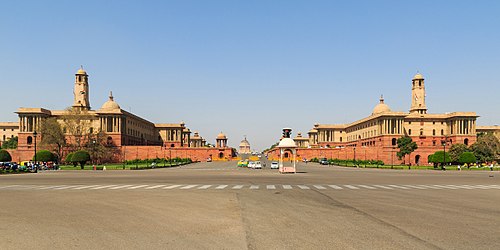
BILATERAL ISSUES IRAN External Affairs Minister’s meeting with Iranian Foreign Minister, New Delhi.....
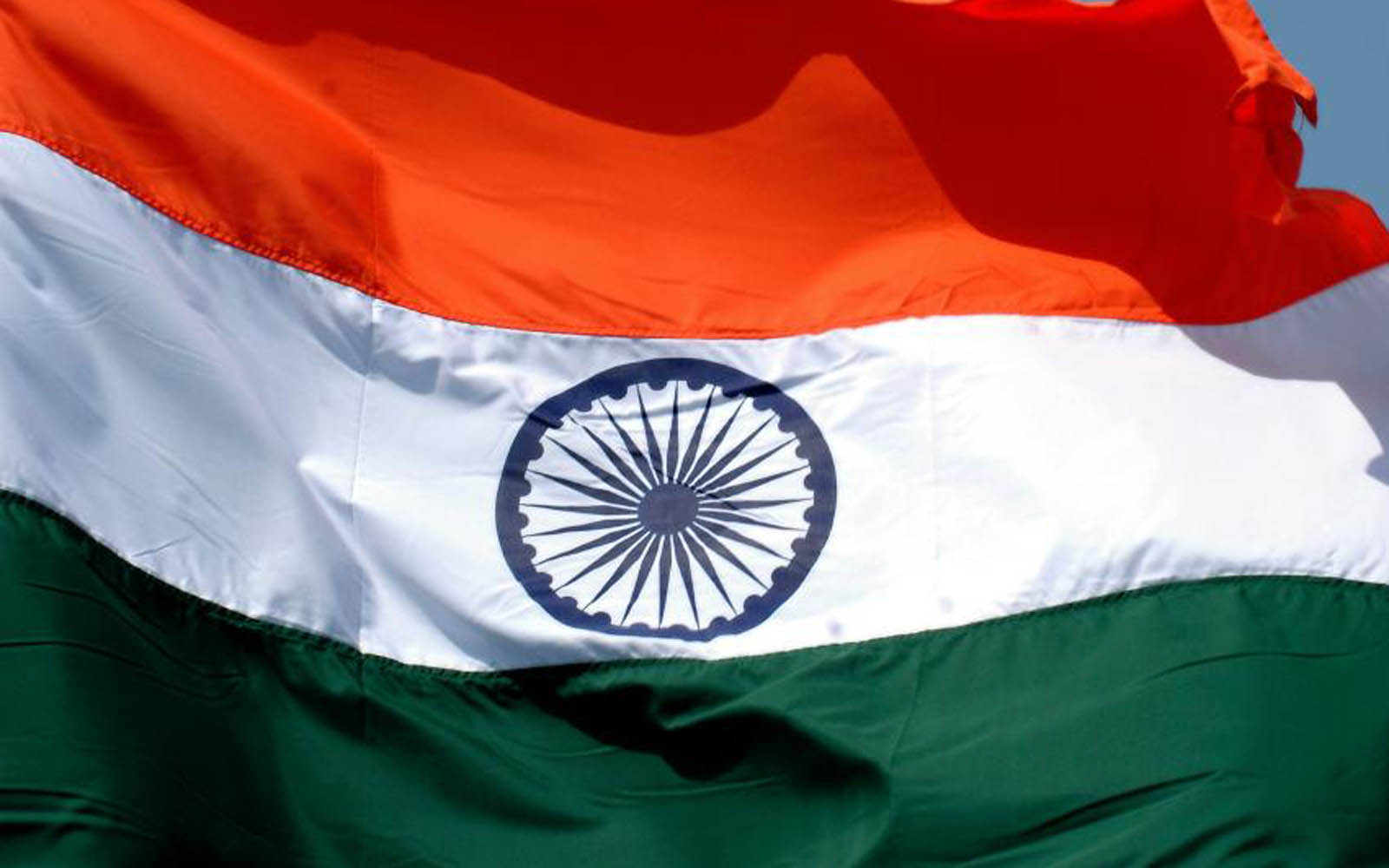
INDIA WATCH, MAY 2018, ISSUE NO.100 POLITICAL IRAN Iran urges for restraint in Jammu and Ka.....
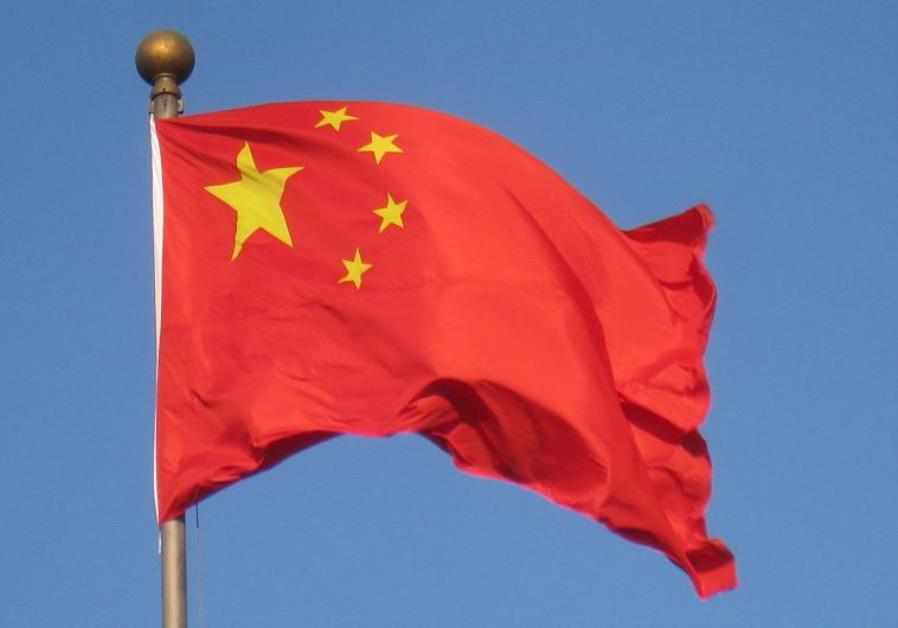
POLITICAL ISSUES IRAN China calls for cherishing Iran Nuclear Deal Beijing, Saturday, 13 January 2018.....
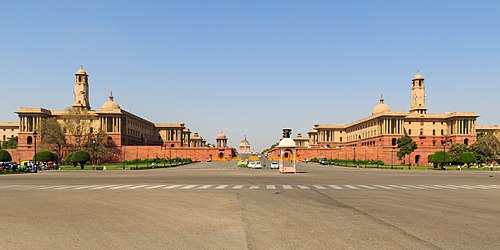
BILATERAL ISSUES IRAN Cabinet approves MoU between India and Iran on the establishment of an expert grou.....
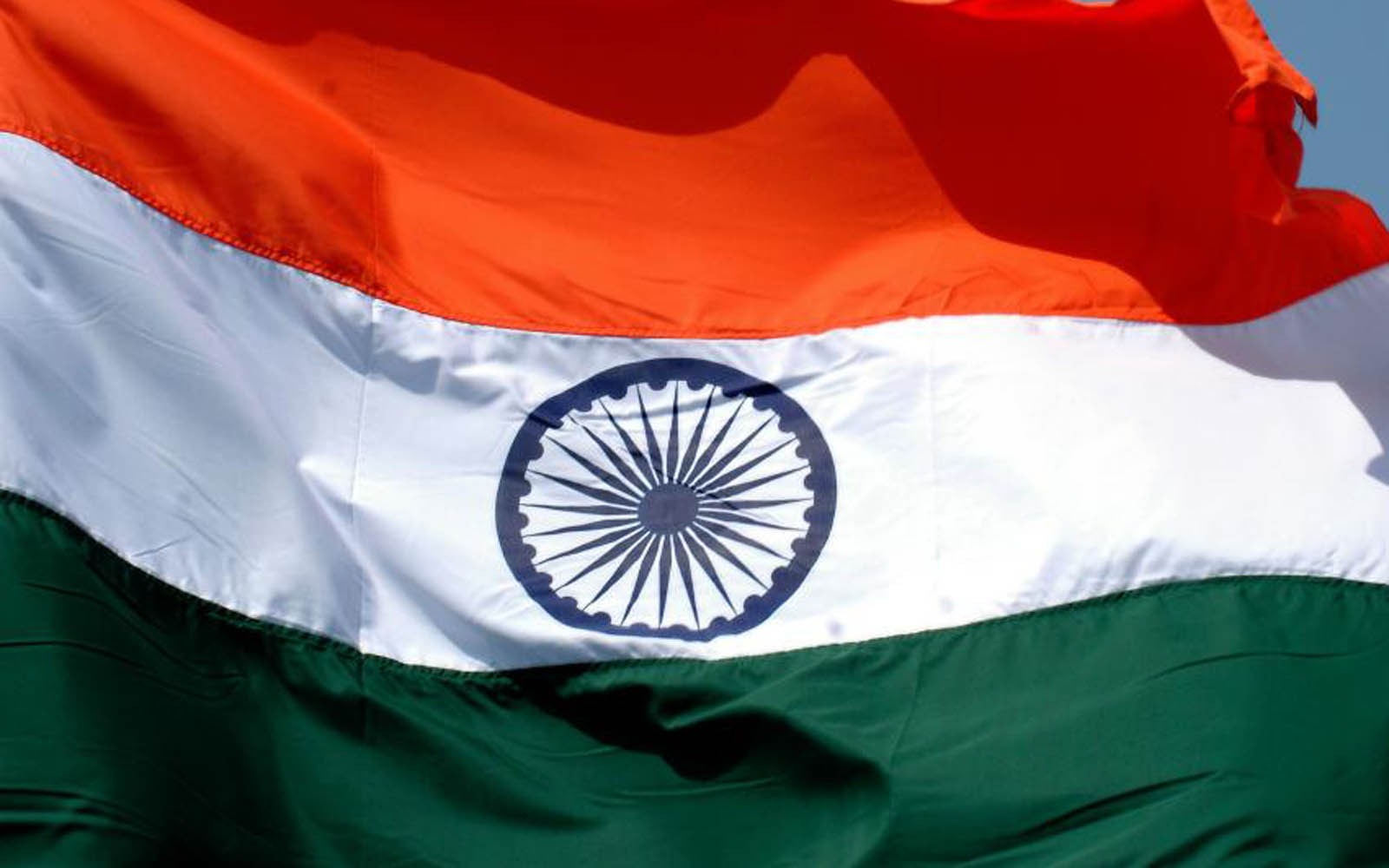
POLITICAL EGYPT Egypt signs agreement to join International Solar Alliance Cairo, Sunday, 11 March 20.....
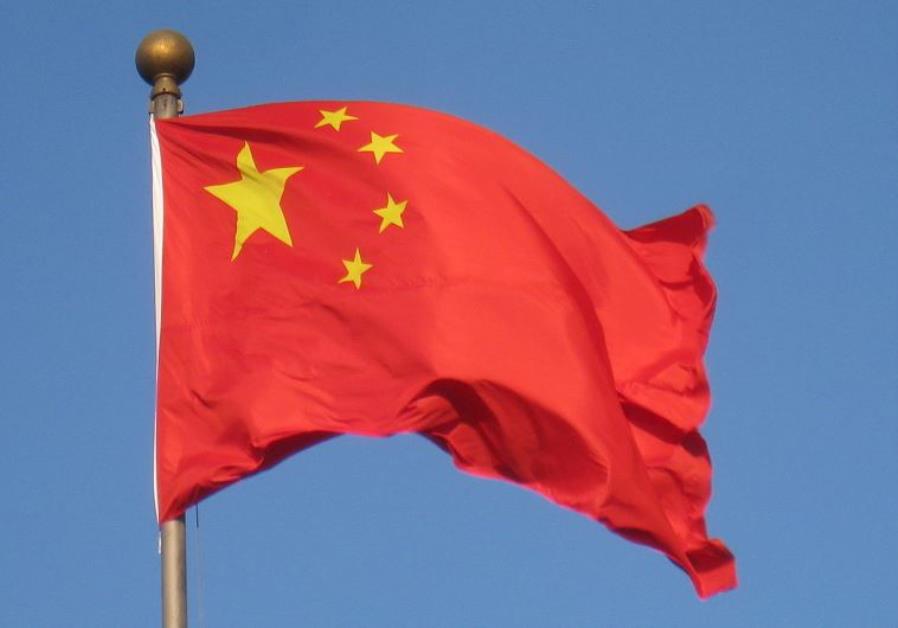
POLITICAL ISSUES IRAN Iran and China to boost their military relations Beijing, Tuesday, 12 December.....
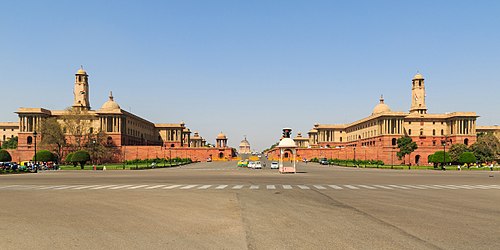
(Monthly Digest of Official Indian Statements on Middle East) BILATERAL ISSUES EGYPT Mr. Sameh Hassan.....
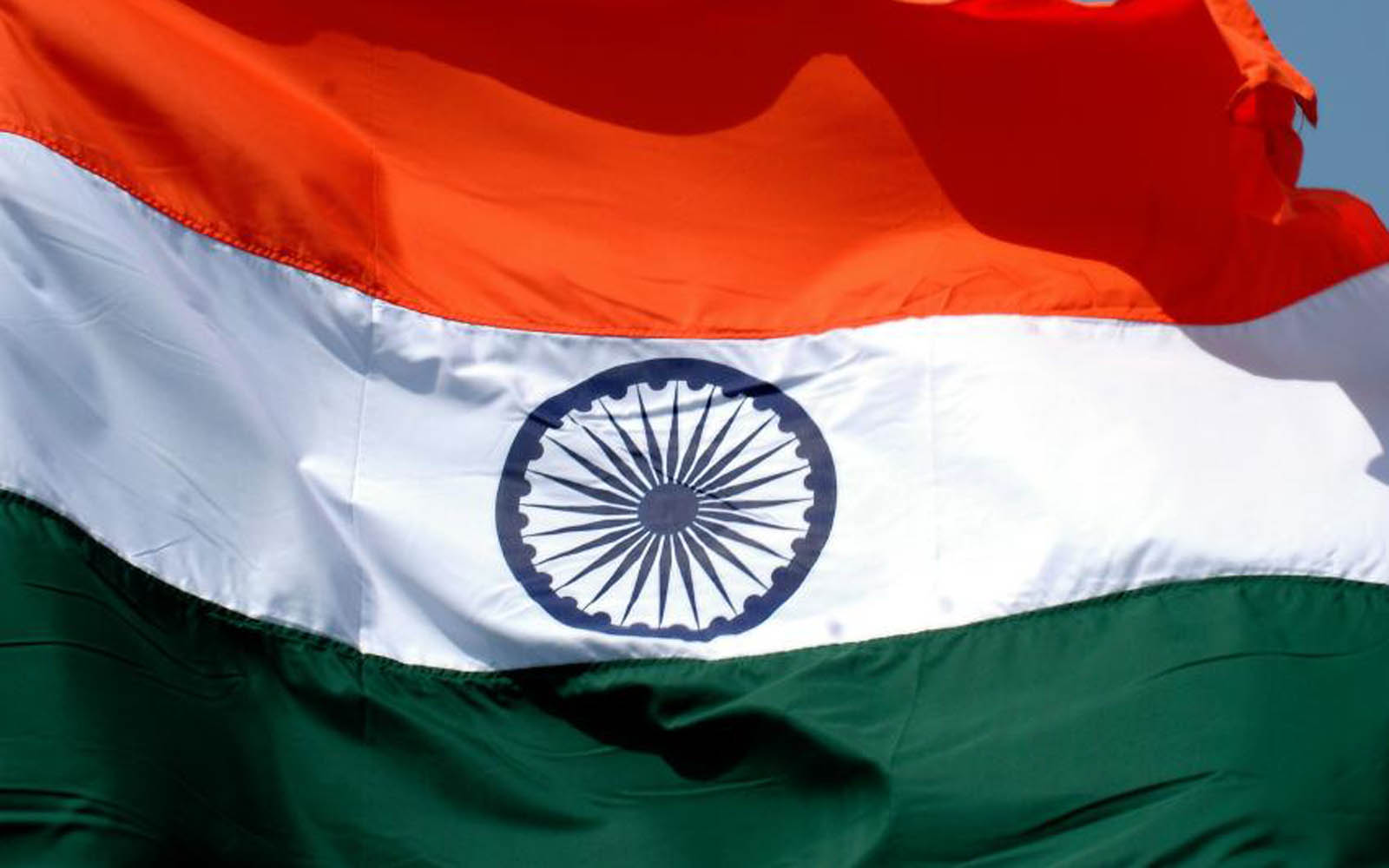
POLITICAL IRAN Iran president meets with religious scholars in Hyderabad Hyderabad, Friday, 16 Februa.....
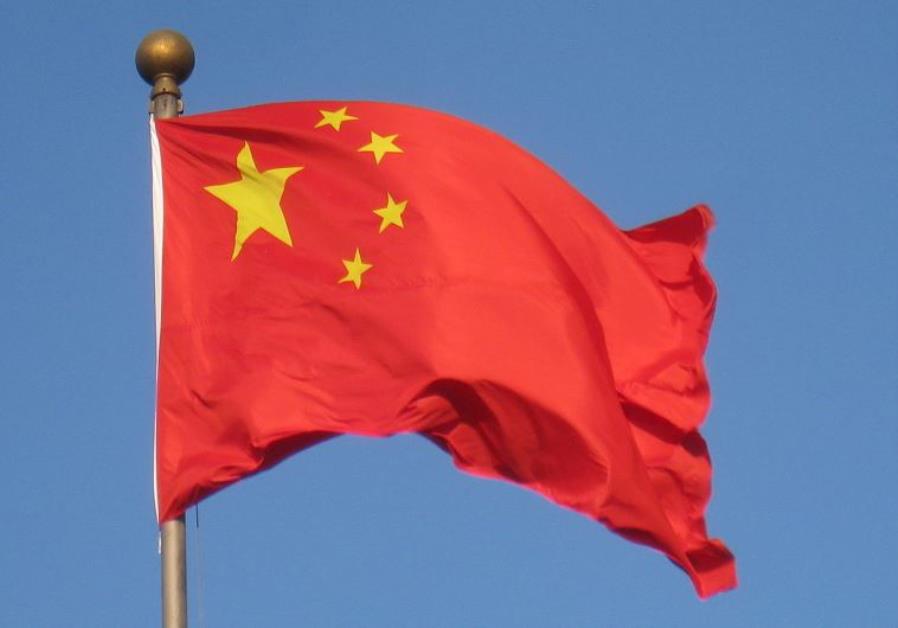
POLITICAL ISSUES EGYPT China-Egypt vows to promote comprehensive strategic partnership Sharm el Sheik.....
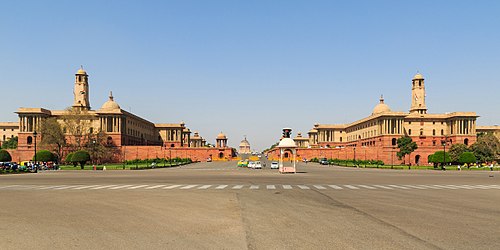
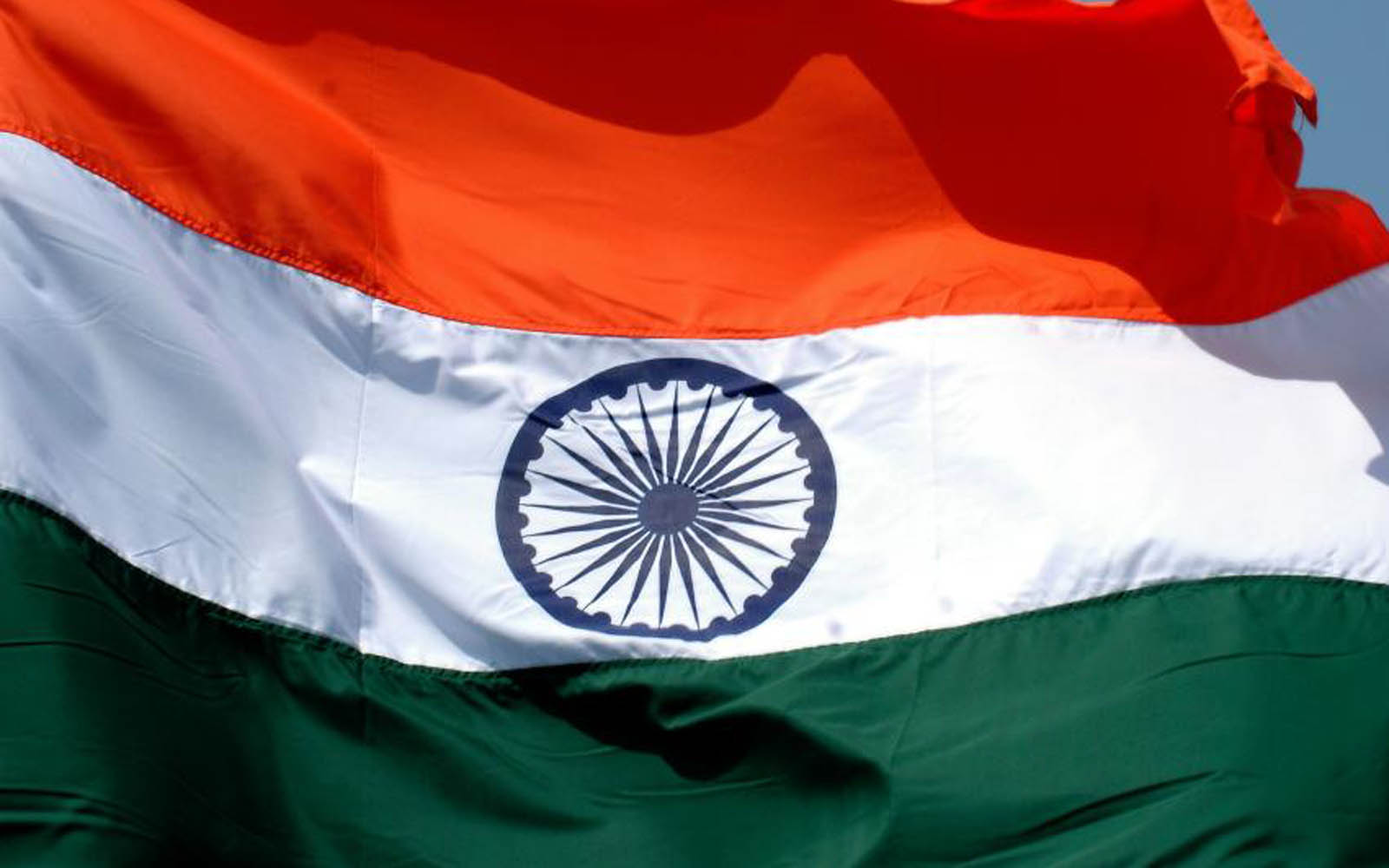
POLITICAL BAHRAIN Rahul Gandhi in Bahrain New Delhi, Tuesday, 9 January 2018 Addressing NRIs in Ba.....
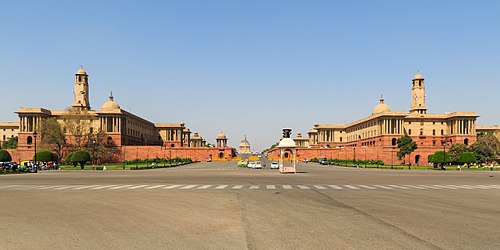
(Monthly Digest of Official Indian Statements on Middle East) BILATERAL ISSUES IRAN Launch of Admissi.....
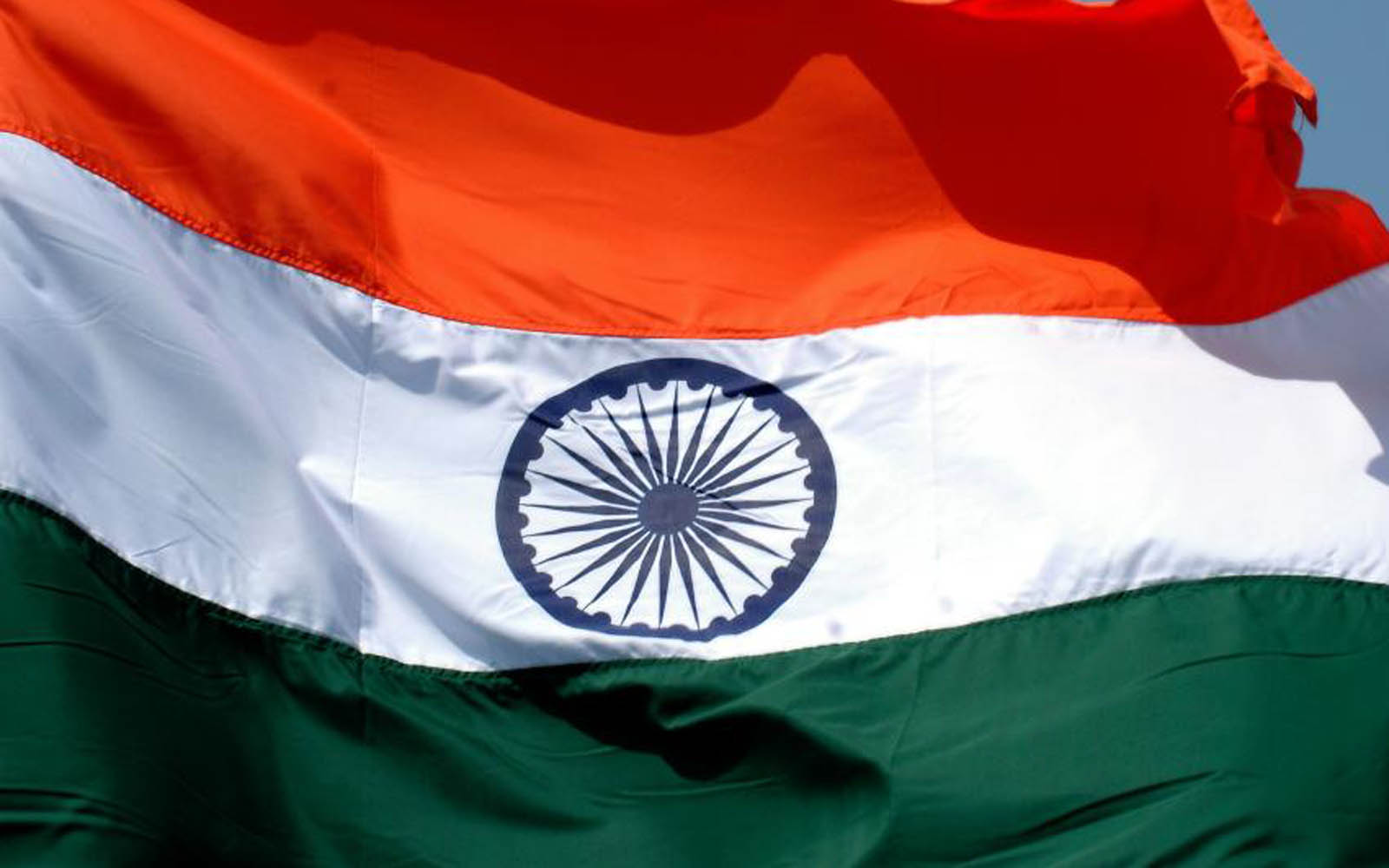
POLITICAL ISRAEL Ministry of Defence scraps $500 million Israeli missile deal, wants DRDO to make in&nbs.....
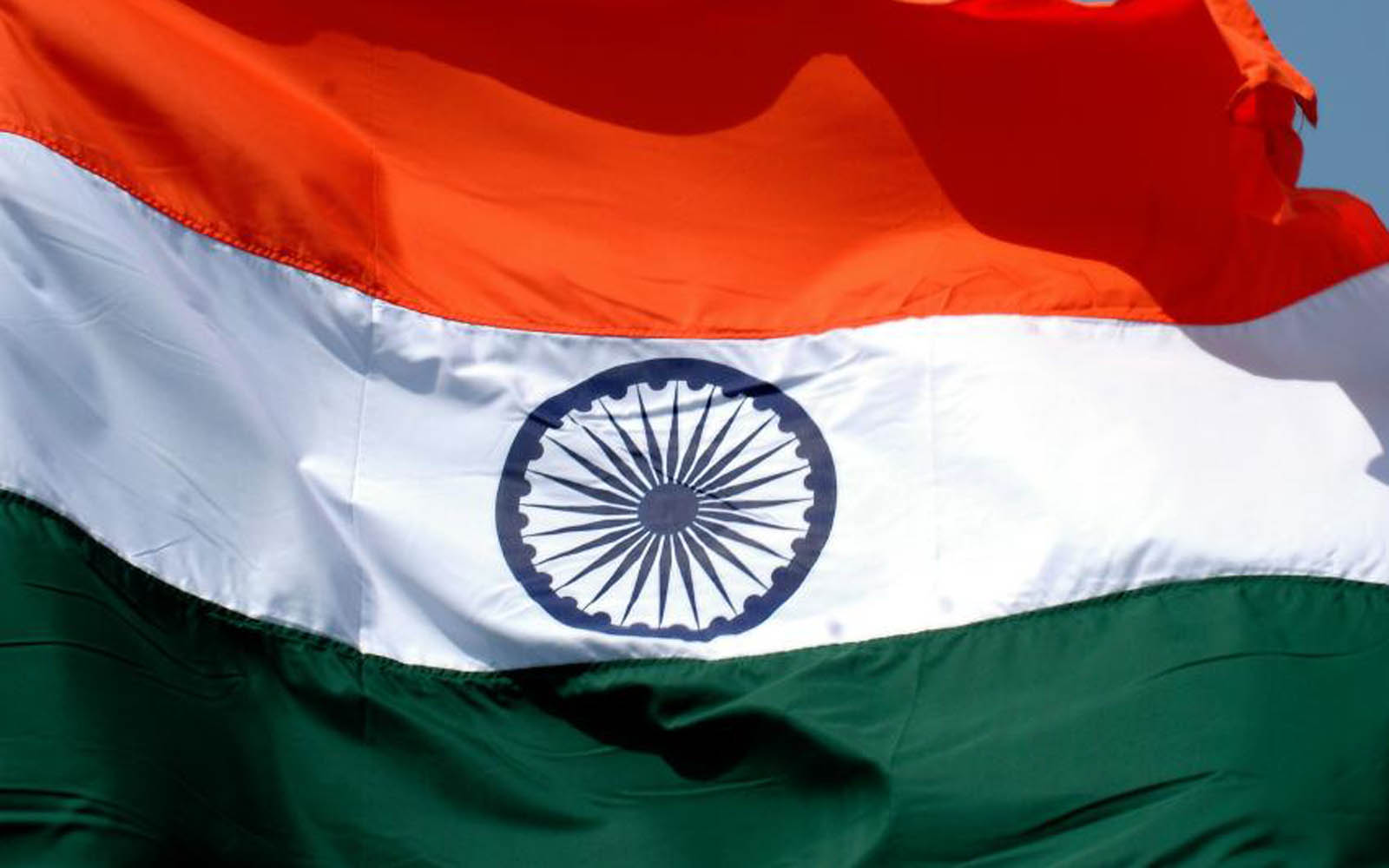
1 January 2018 POLITICAL EGYPT India to set up IT centre in Egypt's Al Azhar University.....
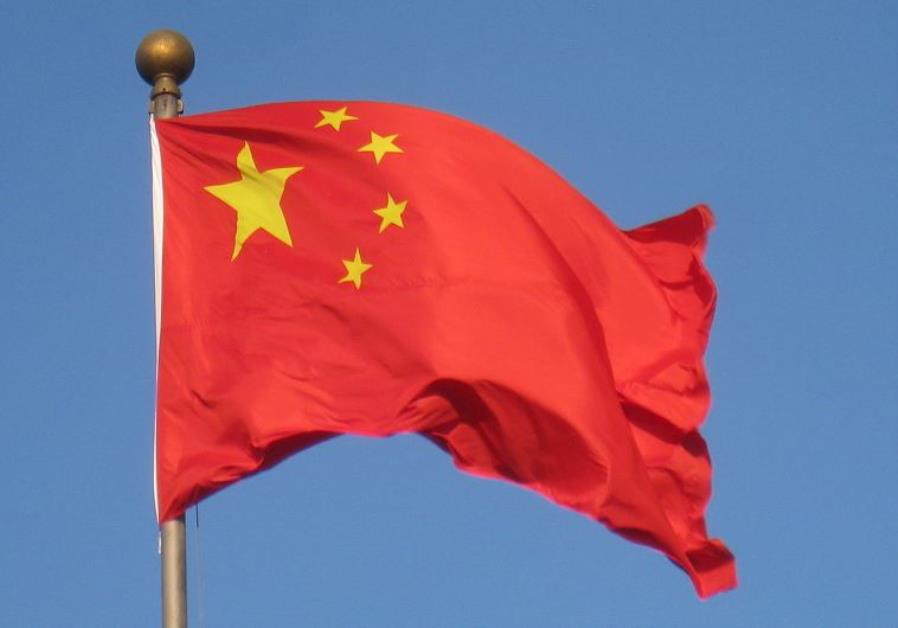
POLITICAL ISSUES JORDAN China’s Foreign Minister Wang Yi meets Jordanian Foreign Minister Ayman Sa.....
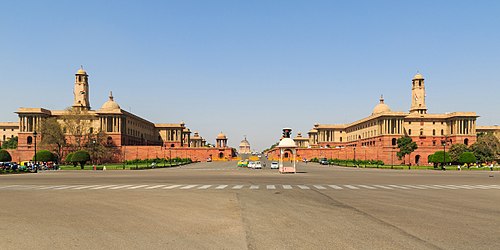
(Monthly Digest of Official Indian Statements on Middle East) BILATERAL ISSUES .....
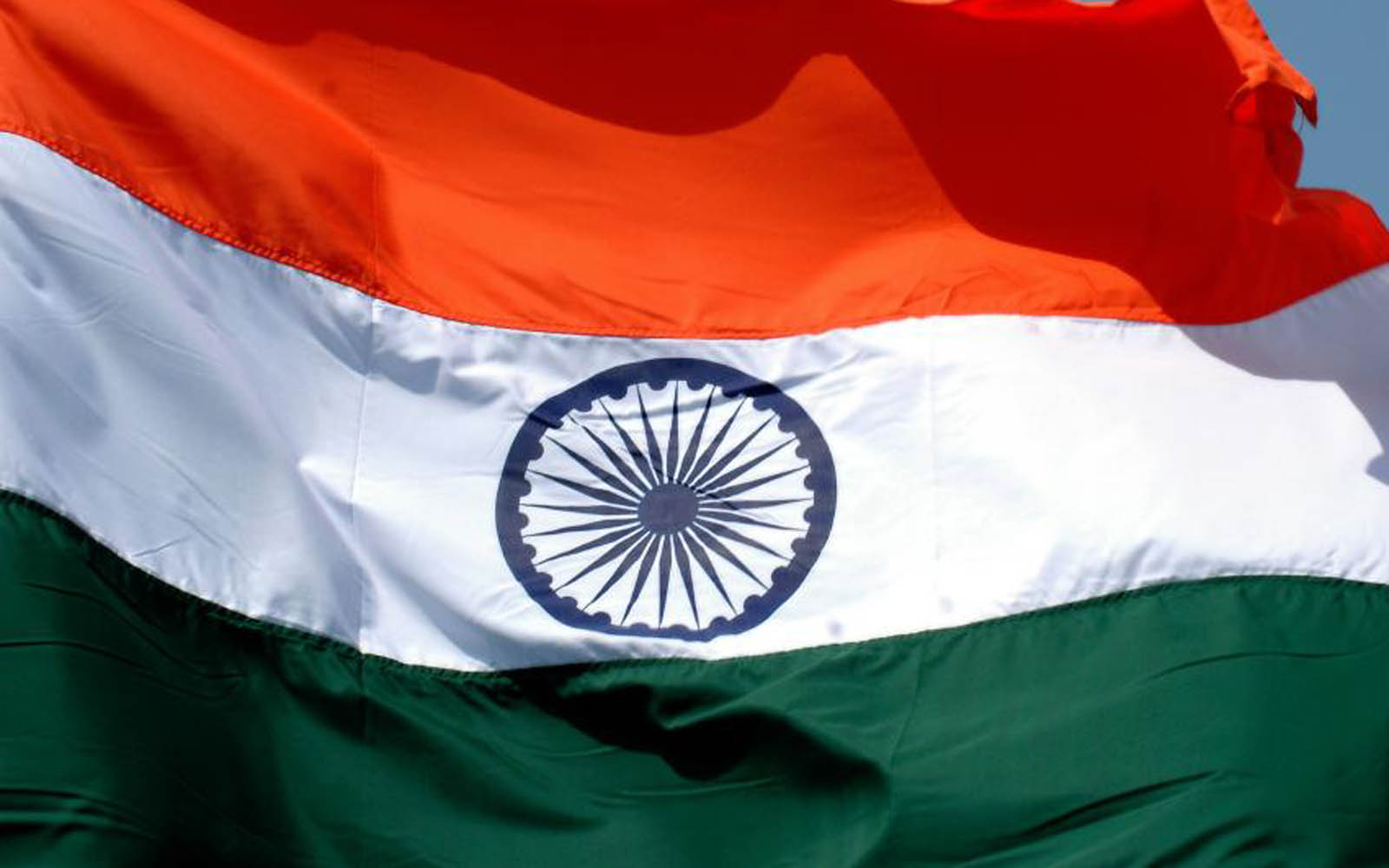
POLITICAL IRAN India defends diplomatic ties with Iran in talks with Rex Tillerson New Delh.....
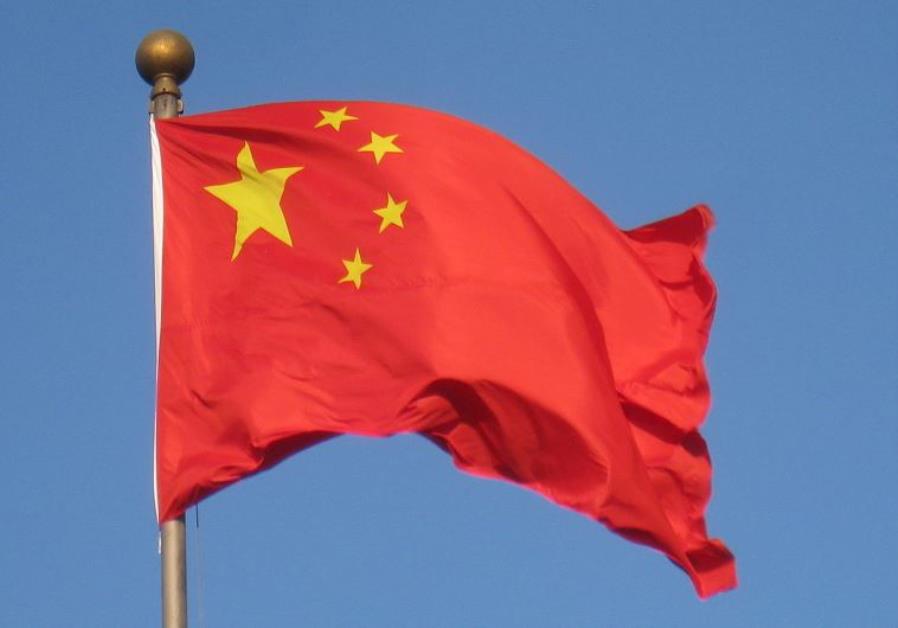
POLITICAL ISSUES EGYPT 1) Egyptian Ambassador talks about bi-lateral ties Beijing, Sunday, 27 August .....
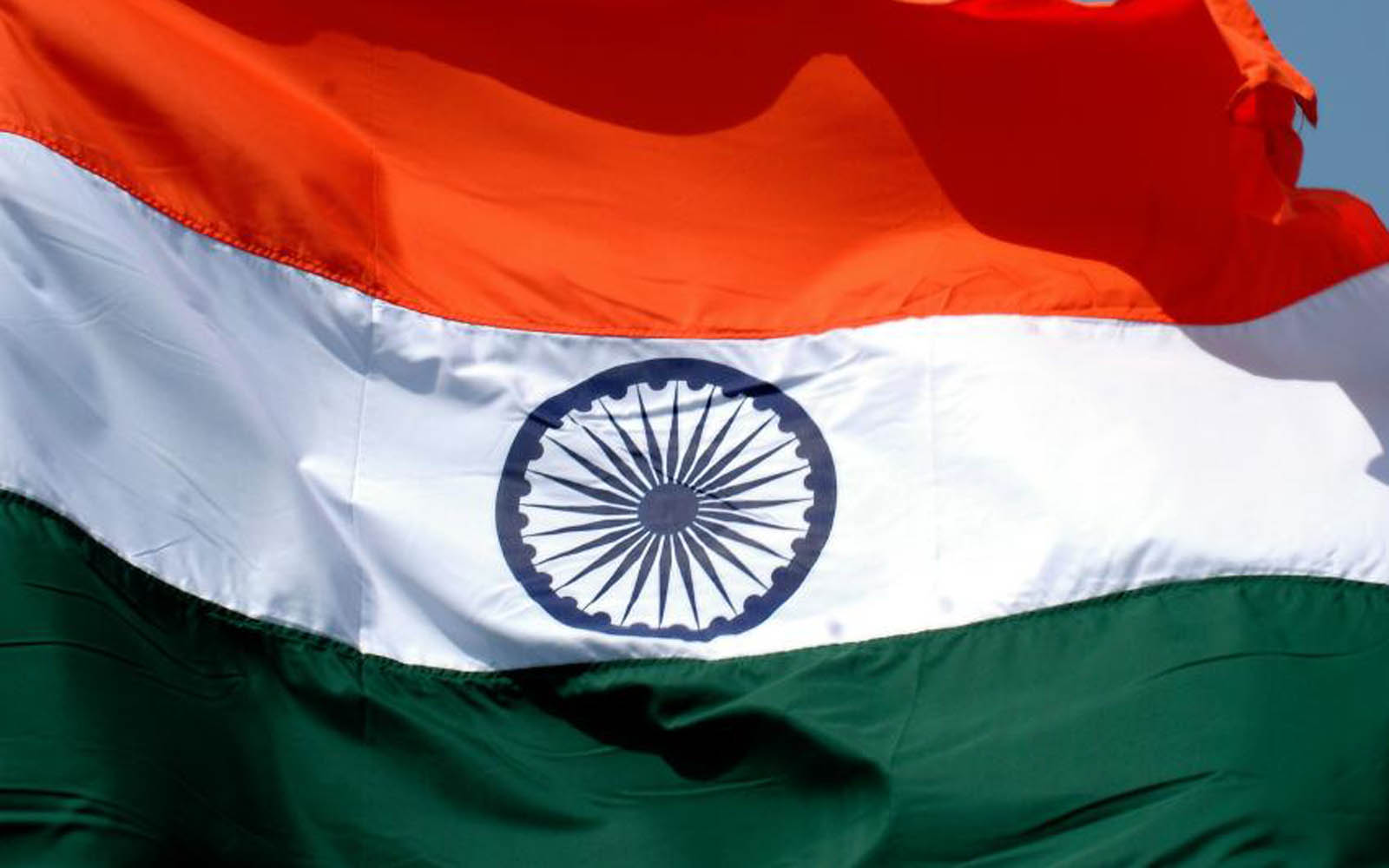
POLITICAL ISRAEL India to bid for Israel oil-and-gas exploration blocks New Delhi, Tuesday, 5 Septemb.....
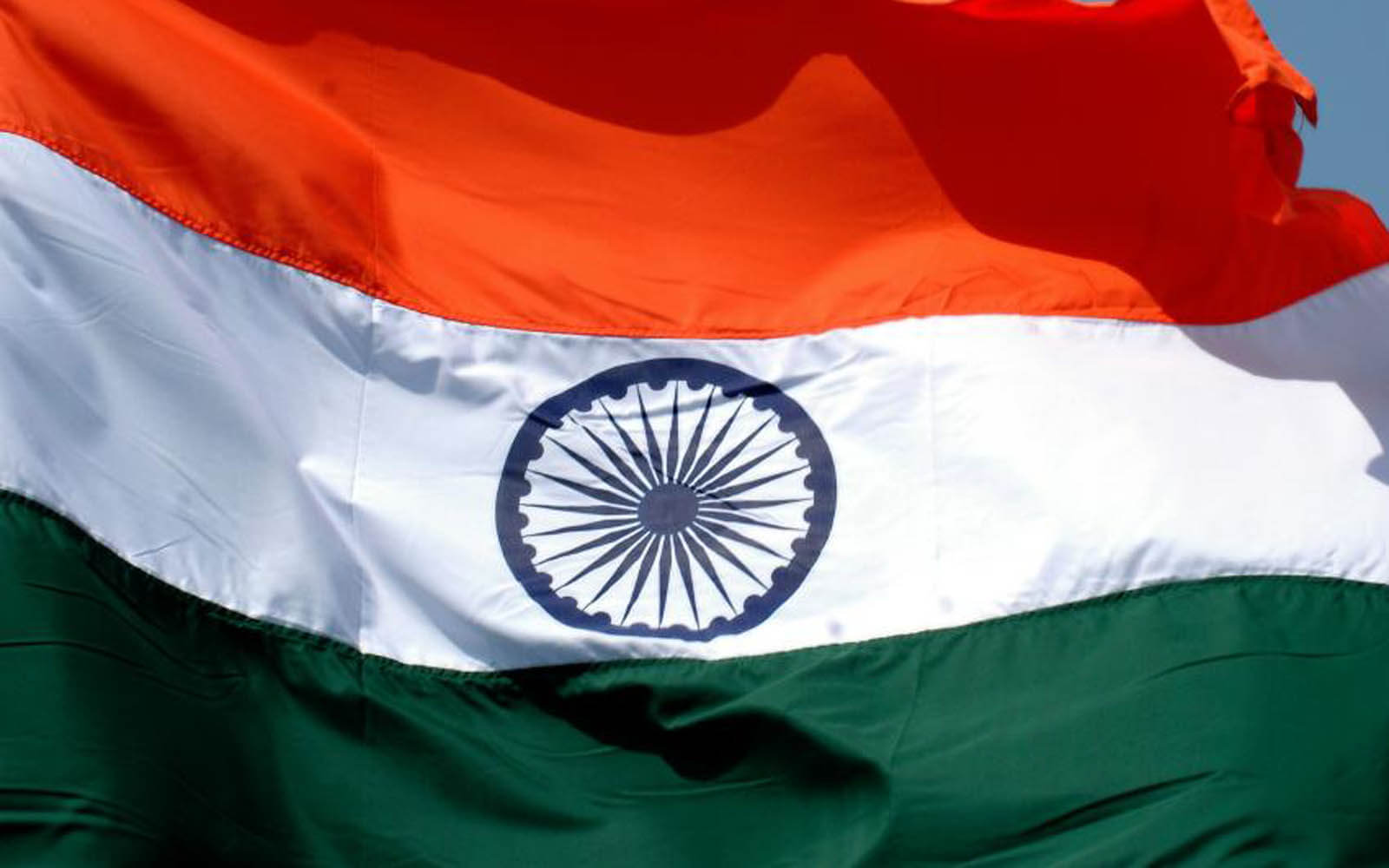
POLITICAL ISSUES EGYPT 1. India, Egypt to support each other’s candidates for UNESCO, ICJ .....
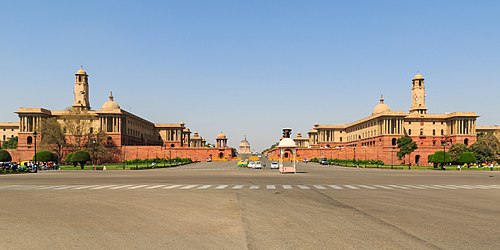
BILATERAL ISSUES IRAN 1. 6th Meeting of Joint Committee on Ports and Maritime Cooperation between t.....
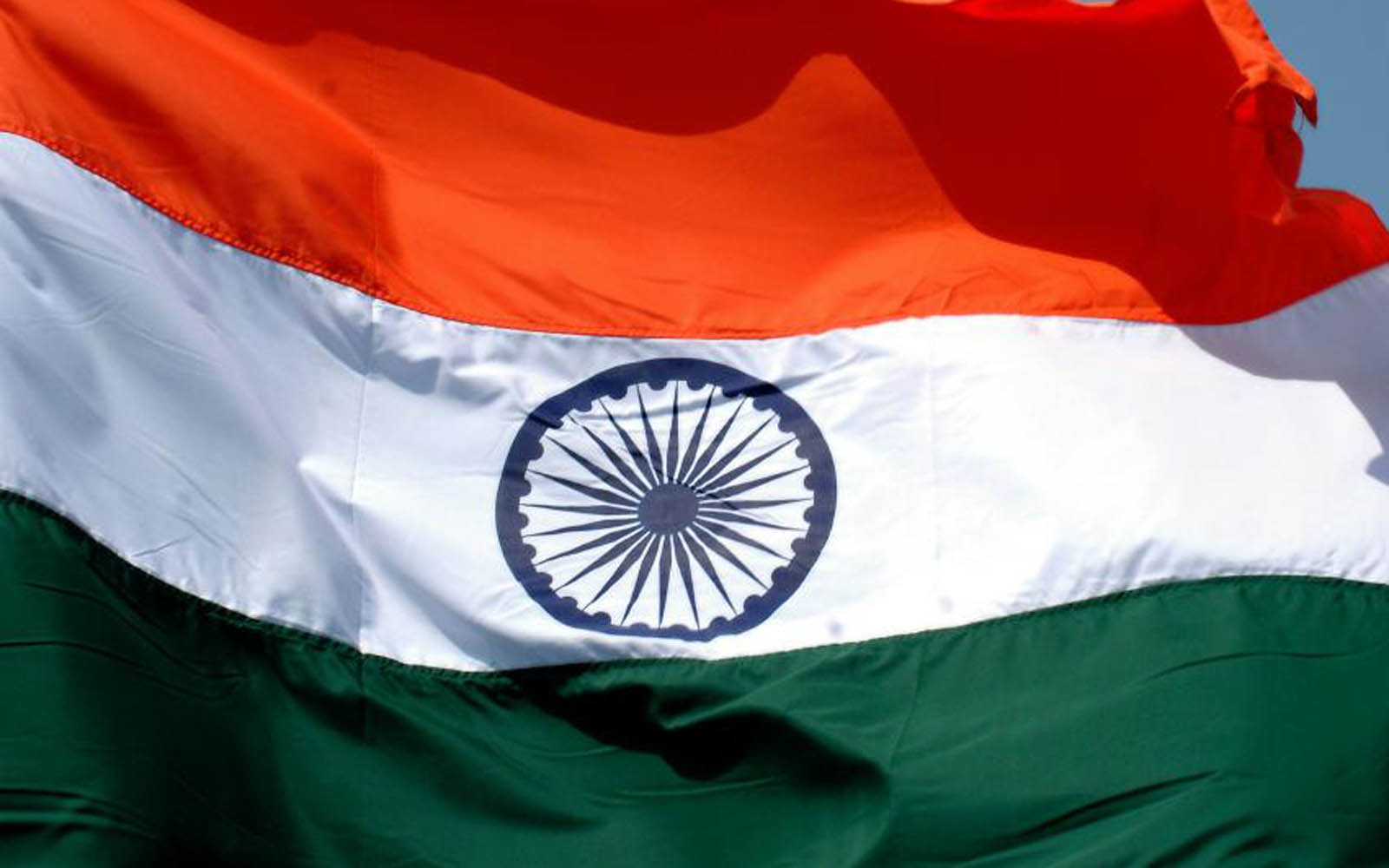
POLITICAL ISSUES IRAN 1. Cabinet approves Bilateral MoU between India and Iran New Delhi, Wednesday, .....
